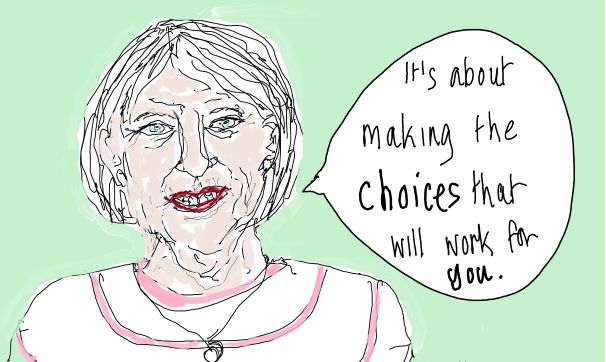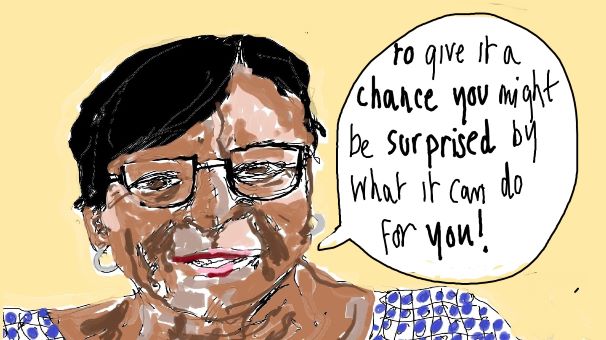Phase one: Development: July 2022 - December 2022
Developing a framework
The first task was to develop a definition of co-production and a set of principles. This was so that everybody in TAPPI would have a shared understanding of Co-production. For TAPPI which operated across England, Scotland and Wales this had an extra element of complexity as each nation had different national infrastructure around co-production. Ideally a definition and principles should be co-produced with staff and service users. However, in TAPPI at this point we did not have a client group. So, we took the pragmatic decision to agree the definition without the involvement of tenants and clarify it with them at a later stage.
Training
We wanted as many people as possible within the TAPPI programme to receive some co-production training. At the training participants were introduced to the co-production definitions and principles. They also had the opportunity to share their feelings and anxieties about co-production. To learn more about co-production and have access to some learning resources. We designed one training session for the programme partners and another for the test bed sites. We ran each session several times to provide as many opportunities for staff as possible to attend. We also spoke about co-production and provided written briefings to various TAPPI group meetings for example the Advisory Board. We trained over 60 TAPPI staff in the first few months of the programme.

Developing the co-production offer
The training was also a learning exercise for us. It enabled us to understand better what kind of support the programme and in particular the test bed sites would need to include co-production in their work. The co-production offer was made in the form of an email to the all the sites outlining the support Co-production Works would provide. In summary the offer consisted of: help developing a co-production strategy, the opportunity to nominate co-production champions, regular mentoring and co-production champions meetings and site visits. We also included provisional dates and times for all the champions meetings to ensure that they got into people’s diaries as early as possible.
Recruiting the Champion’s Group
We tried to make recruiting the Champions’ group as simple and fair as possible. We asked that each test-bed site nominate one staff, and one tenant champion.
For the staff champion we said that each organisation could nominate one person whose job role meant that they were most relevant to the co-production of TAPPI. For example, in several sites the TAPPI project manager became the staff champion. We developed a set of criteria to help organisations make their decision.
The tenant members of the Champions’ group had a particular role to help TAPPI understand what people who live in later life housing think about digital technology. We said that the tenant champion can either be a testbed site housing tenant or a family member or friend of a tenant. The tenant or family/friend members of the Champions group were selected through a simple, open and transparent selection process. This involved writing a short application to explain why the person is interested in the role and any relevant skills and experience.
We tried to restrict the numbers of people in the Champions group to 12 plus two facilitators. As we thought to have a well-functioning group it was important not to have too many people. However, several sites decided that they wanted to nominate more than one tenant champion. One site was unable to nominate any tenant champions but put forward an assistant manager and a support worker. We accepted these nominations as we felt it would be very useful to have perspective of front-line workers. So we ended up with a group of 17 people, eight staff and nine tenants. This was larger than we had planned for however it was highly diverse group with commissioners, front-line workers, assistive technology specialists and project managers represented and a mixture of tenants from all but one site.

Initial site visits
In the co-production offer we committed to at least two visits to each site. Most of the first site visits were used to introduce ourselves explain our role and to ask sites to nominate their champions.
